When
2nd to 6th April 2017
Starting at 10am
Where
Puerto Varas, Chile
Venue Hotel Enjoy Puerto Varas, Klenner 349, Puerto Varas, Chile
Register NowIUBMB Focused Meeting on Emerging Concepts of the Neuronal Cytoskeleton
About the workshop
Cytoskeletal dynamics is at the core of the most essential questions in cellular neurobiology, such as mechanisms of axon growth in development and in response to injury, or mechanisms of synapse formation and stabilization. Cytoskeletal dynamics is also a key element of intracellular transport, which is critical for axonal development and neurotrophic signaling, but which is also disrupted in many, if not all currently known neurodegenerative diseases. Consequently, the cytoskeleton is a promising and emerging target for the development of novel therapeutic approaches to treat neurodegenerative diseases and to promote axon regeneration after traumatic injury. Recent advances in imaging, genetics and proteomics have catalyzed exciting new progress. However, fundamental questions about how cytoskeletal dynamics are orchestrated and regulated in differentiation, development and disease remain unanswered. This workshop will explore the latest findings on this exciting topic and will address several features involved in cytoskeleton function in nerve cells such as microtubules and actin microfilament regulation in neurons, neuronal differentiation and polarity acquisition, neuronal trafficking and transport, cytoskeleton in disease and injury, cytoskeleton dynamics during nervous system development with emphasis in neuronal migration and axonal guidance and the role of cytoskeleton in synapses formation and dysfunction associated to neurodegenerative diseases.
Speakers

Shernaz
Bamji
University of British Columbia, Canadá
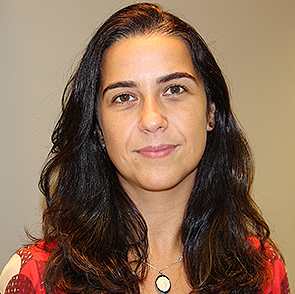
Patricia
Garcez
Universidad Federal do Rio de Janeiro, Brazil
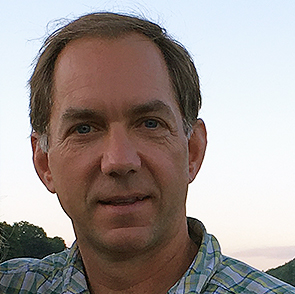
Timothy
Gomez
University of Wisconsin-Madison, USA
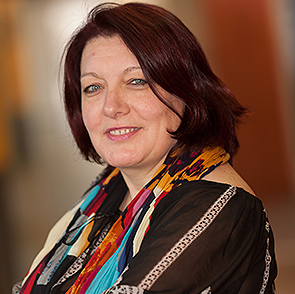
Annie
Andrieux
CEA, France

Stephanie
Gupton
University of North Carolina, USA
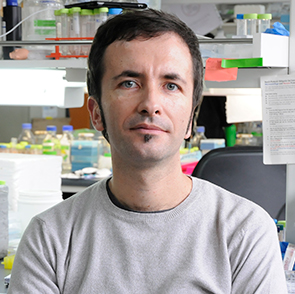
Claudio
Hetz
Universidad de Chile, Chile

Matthew
Kennedy
University of Colorado-Denver, USA
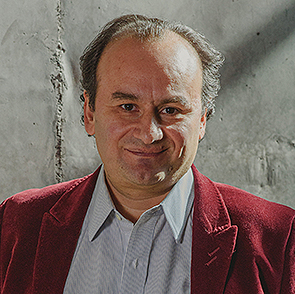
Christian
Gonzalez-Billault
Universidad de Chile, Chile
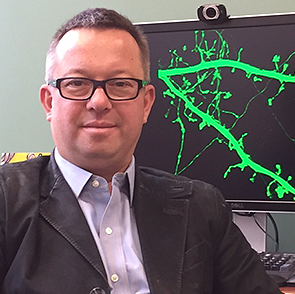
Peter
Penzes
Northwestern University, USA

Subhojit
Roy
University of Wisconsin-Madison, USA
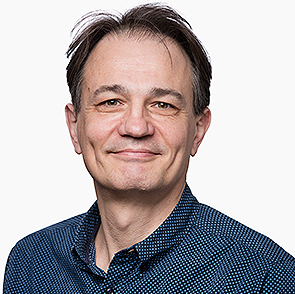
Giampietro
Schiavo
University College London, UK
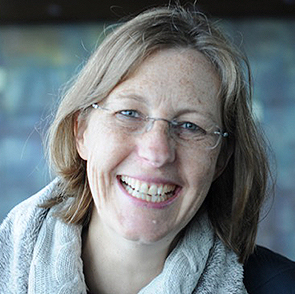
Bettina
Winckler
University of Virginia, USA
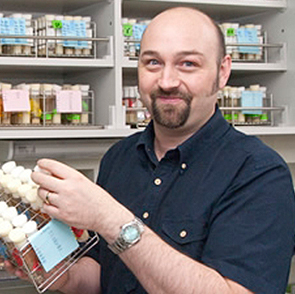
Adrian
Moore
RIKEN, Japan
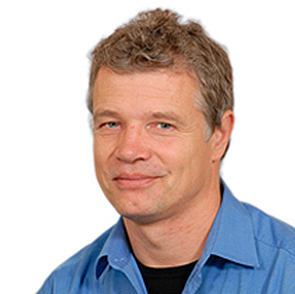
Andreas
Prokop
University of Manchester, UK
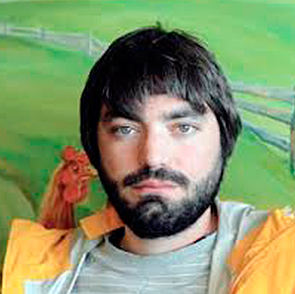
Christophe
Leterrier
Universite of Marseille, France

Don
Arnold
University of Southern California, USA
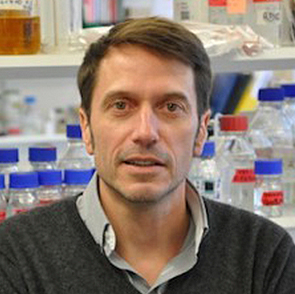
Frederic
Saudou
Institute des Neuroscience Grenoble, France

James
R. Bamburg
Colorado State University, USA
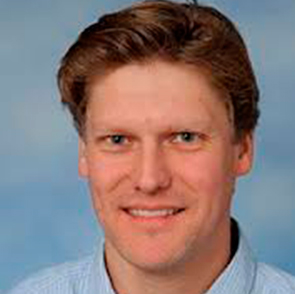
Lukas
Kapitein
Utrecht University, Netherlands

Maria Fernanda
Ledda
Universidad de Buenos Aires, Argentina
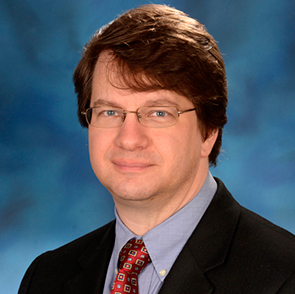
Tom
Blanpied
University of Maryland, USA
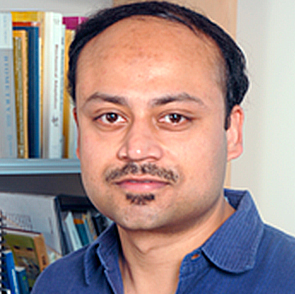
Aurnab
Ghose
Indian Institute of Science Education and Research, India

Carsten
Janke
Institute Curie, France
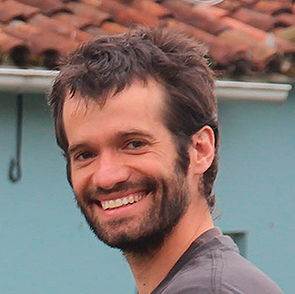
Nicolas
Unsain
Instituto Mercedes y Martin Ferreyra, Argentina
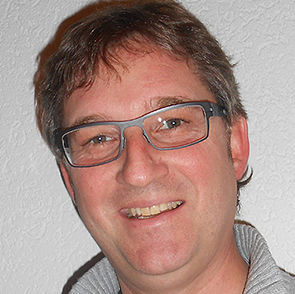
Michel
Steinmetz
Paul Scherrer Institute, Switzerland
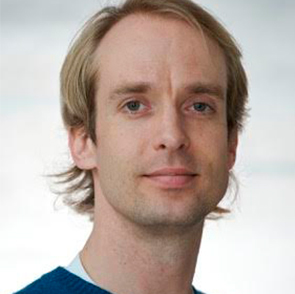
Helge
Ewers
Freie Universität Berlin
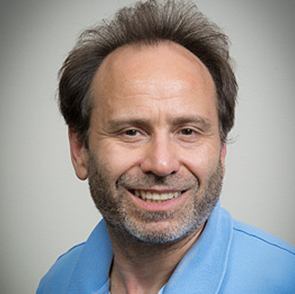
Peter
Baas
Drexel University, USA

Anthony
Brown
Ohio State University, USA

Alejandra
Alvarez
Pontificia Universidad Catolica, Chile.

Martin
Balastik
Institute of Physiology CAS. Czech Republic
Workshop Program
WorkShop Registration
Buffet-style lunch
Hotel Check-in and free time
Session 1 “Microtubule/actin regulation in neurons”
Chair: Peter Baas
– Carsten Janke, Institut Curie, Orsay, France. Tubulin polyglutamylation – a novel player in neurodegeneration.
– Michel Steinmetz, Paul Scherrer Institut, Villigen, Switzerland. A novel sequence motif targets diverse proteins to growing microtubule ends.
– Annie Andrieux, Grenoble Institute of Neuroscience, Grenoble, France. MAP6 proteins: from microtubule stabilization to the regulation of actin dynamic and brain morphogenesis.
Break
Keynote Lecture: James R. Bamburg
Chair: Christian Gonzalez-Billault
– James Bamburg. Colorado State University, Fort Collins, USA. Understanding actin dynamics in health and disease. A journey with many players.
Buffet Dinner
Session 2 “Neuronal polarity and differentiation”
Chair: Carsten Janke
– Christian Gonzalez-Billault, Universidad de Chile, Santiago, Chile. Novel mechanisms involving redox biology are essential to support axonal growth.
– Christophe Leterrier, University of Marseille, Marseille, France. The axonal cytoskeleton at the nanoscale: how to step in the same river twice.
– Helge Ewers, Free University, Berlin, Germany. Nanoscopic compartmentalisation of the neuronal plasma membrane.
– Don Arnold, University of Southern California, USA. Structure and function of an actin-based filter in the proximal axon.
Coffee Break
Session 3 “Cytoskeleton and neuronal trafficking and transport”
Chair: Ilona Concha
– Lukas Kapitein, Utrecht University, Utrecht, The Netherlands. Navigating the cytoskeleton.
– Bettina Winckler, University of Virginia, Charlottesville, USA. Rab7 is required to mobilize dendritic degradative cargos for degradation in somatic lysosomes.
– Matthew Kennedy, University of Colorado, Denver, USA. Investigating non-canonical secretory trafficking in neurons.
– Giampietro Schiavo, University College London, UK. Trk receptor signalling and sensory neuron fate is impaired in severe human neuropathy.
Buffet-style lunch
Free time
Poster session #1
Technical Lecture
Daniel Koch, Zeiss
Airyscan for Fast Imaging of Neuronal Tissue with enhanced SNR and Super-Resolution.
Buffet Dinner
Session 4 “Cytoskeleton in disease and injury”
Chair: Stephanie Gupton
– Peter Penzes, Northwestern University, Chicago, USA. New functions of ankyrin-G/ANK3 in dendrites and spines.
– Shernaz Bamji, University of British Columbia, Vancouver, Canada. The X-Linked Intellectual Disability Gene DHHC9 and the Formation of Neural Circuits.
– Claudio Hetz, Universidad de Chile, Santiago, Chile. Role of the unfolded protein response (UPR) stress sensor IRE1α in cytoskeleton remodeling and cell migration.
– Peter Baas, Drexel College of Medicine, Philadelphia, USA. Microtubule-based Therapies for Nervous System Disease and Injury.
Coffee Break
Session 5 “Cytoskeleton in growth cone navigation and neural network formation”
Chair: Nicolas Unsain
– Stephanie Gupton, University of North Carolina, Chapel Hill, USA. TRIM9 and TRIM67, the Yin and Yang of Growth Cone Filopodia Regulation During Axon Guidance and Branching.
– Andreas Prokop, Manchester University, UK. How to make or break an axon – dissecting the essential roles and regulation of actin and microtubules.
– Martin Balastik, Institute of Physiology, Czech Academy of Sciences, Prague, Czech Republic. Isoform specific regulation of CRMP2 and its role in neural development.
– Timothy Gomez, University of Wisconsin, Madison, USA. Molecular mechanisms of growth cone invasion.
Buffet-style lunch
Poster session #2
Buffet Dinner
Session 6 “Cytoskeleton in Neurotransmission”
Chair: Jill Wildonger
– Adrian Moore, Riken Institute, Tokyo, Japan. Important things have small beginnings: Major branches in the dendrite arbor arise by MyoVI-mediated stabilization of single actin bundles at the dendrite tip.
– Alejandra Alvarez, Universidad Catolica de Chile, Santiago, Chile. c-Abl is a key player in the Alzheimer disease synaptic pathology.
– Tom Blanpied, University of Maryland, Washington, USA. Nanostructure and alignment in single synapses.
Coffee Break
Session 7 “Neuronal cytoskeleton: the next generation of speakers”
Chair: Don Arnold
– Patricia Garcez, University of Rio de Janeiro, Brazil. New insights about Primary Microcephaly from in vitro and in vivo studies.
– Aurnab Ghose, IISER, Pune, India. Fmn2, a new regulator of actin, microtubule and adhesion dynamics in neuronal growth cones.
– Fernanda Ledda, Universidad de Buenos Aires, Argentina. The role of the neurotrophic factor GDNF in hippocampal synapse formation.
– Nicolas Unsain, Instituto Mercedes y Martin Ferreyra, Córdoba, Argentina. Changes in the Actin-Spectrin Periodic Cortical Skeleton, Growth Cones and Actin Dynamics During Axonal Degeneration.
– Karen Litwa, East Carolina University, Greenville, USA. Cytoskeletal Regulation of Neurodevelopment in an hIPSC-derived Autism Model.
– Jill Wildonger, University of Wisconsin, Madison, USA. Autoinhibition of kinesin-1 is essential for polarized dendritic transport.
Buffet-style lunch
Free time
Session 8 “Neuronal transport. Physiological and pathological aspects”
Chair: Patricia Garcez
– Frederic Saudou, Grenoble Institute of Neuroscience, Grenoble, France. Huntingtin: Linking Fast Axonal Transport, Energy Supply and Neurotrophin Signaling to Neurodegeneration.
– Subhojit Roy, University of Wisconsin, Madison, USA. Actin in the Axon Shaft: Architecture, Axonal Transport, and Function.
– Anthony Brown, Ohio State University, Columbus, USA. The mobility of axonal neurofilaments in mature adult myelinated axons.
Business meeting
Closing Banquet
Breakfast and departure
Pricing & Registration
Early Bird Registration and Abstract Submission 20 December 2016
Registration and Abstract Submission 10 March 2017
NOTE: Participants selected to attend the workshop will be notified within 3 business days after application
Payment deadline 15 March 2017

To register click on create a new account, if you already have an account login here to access to web platform.
US$150
Students/Postdocs Save NOW
US$350
Academic
US$800
Industry
Registration includes
– Accommodation
– Meals
Speakers will be accomodated in single rooms and students/postdocs in double rooms.
All participants will have access to all social events organized during the workshop
Enrollment in the workshop is limited. Priority will be given to applicants that registered during early bird registration.
Payment
Payment detail will be sent to successful applicants.
Abstracts Guidelines
Abstracts should contain a title, the names and affiliations of all authors, an abstract (maximum 250 words), 3 to 4 keywords, and an acknowledgment of any funding sources.
Selection Criteria
Applicants must submit an abstract of the research that they intend to present at one of the workshop poster sessions. Applicants will be selected according to the relevance of their abstract to the workshop theme as well as the scientific quality of the research described. In addition, a small subcommittee drawn from the list of invited speakers will select student/postdoc applicants to present short talks.
Poster
Posters should be printed in portrait format (90 cm wide, 120 cm long). We will provide poster boards and pins.
Registration fee waiver
Limited funds may be available to waive the registration fee for some applicants based on financial need. If you would like to be considered for this waiver, please check the box on the online application form and submit a short explanation of the financial need.
 DOWNLOAD POSTER
DOWNLOAD POSTER
Sponsors & Partners
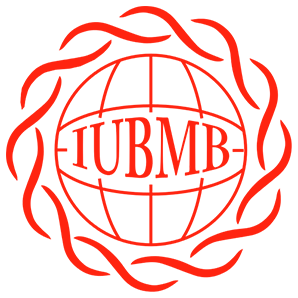



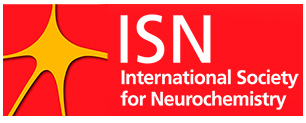
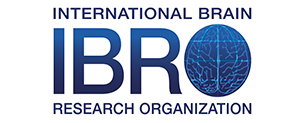
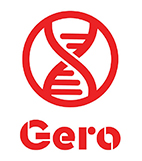
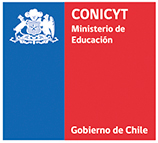
Organizers

Christian
Gonzalez-Billault
Universidad de Chile

Don
Arnold
University of Southern California, USA

Carsten
Janke
Institute Curie, France
Location and Venue
Hotel Enjoy Puerto Varas. Klenner 349, Puerto Varas, Chile.


